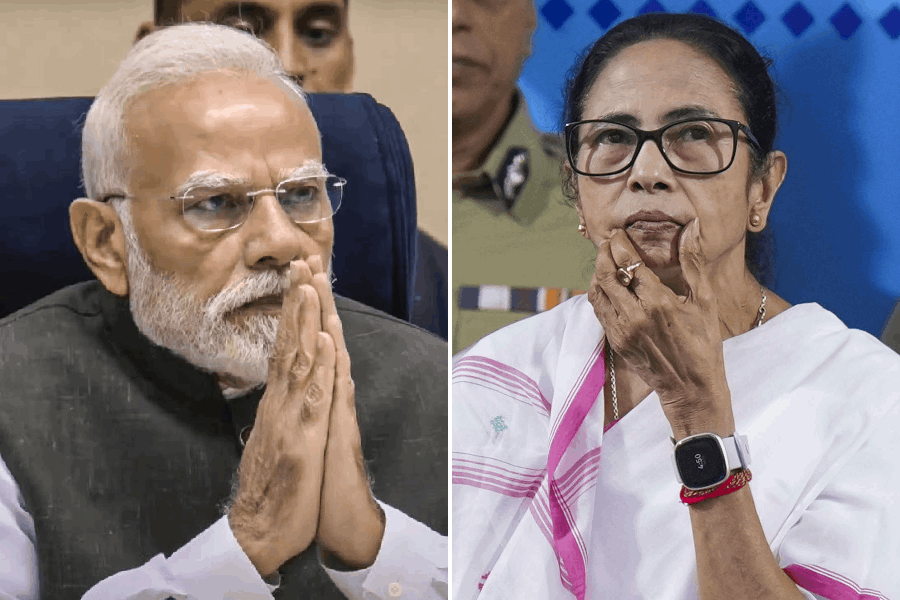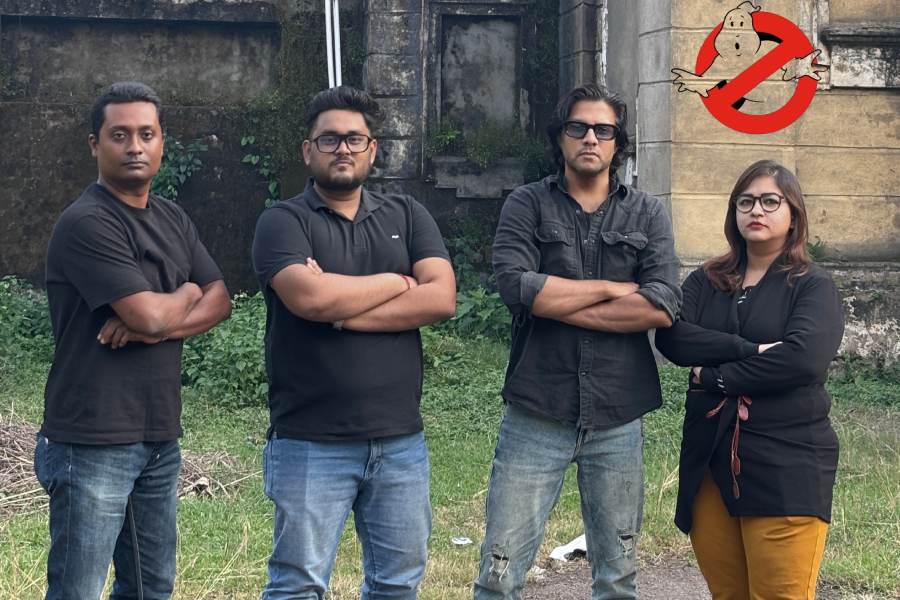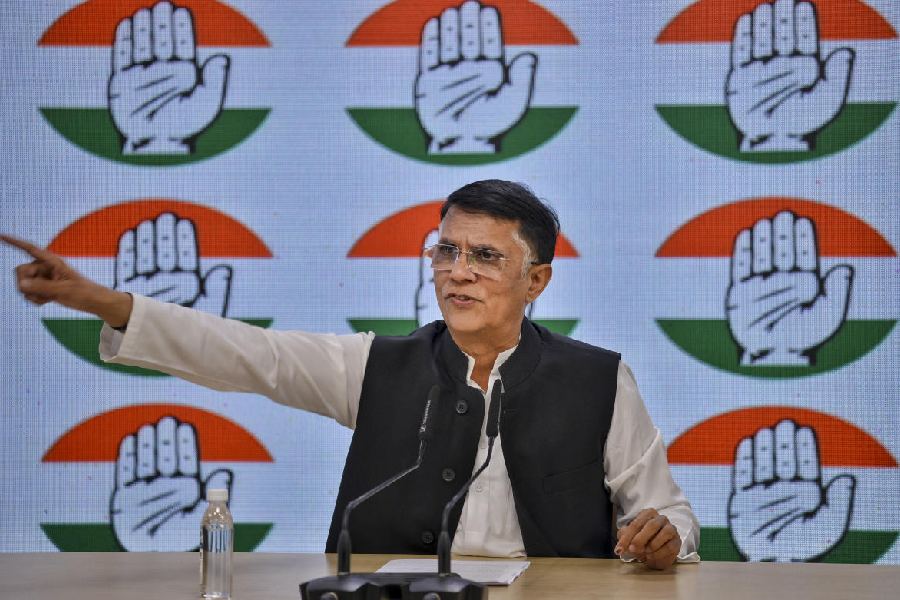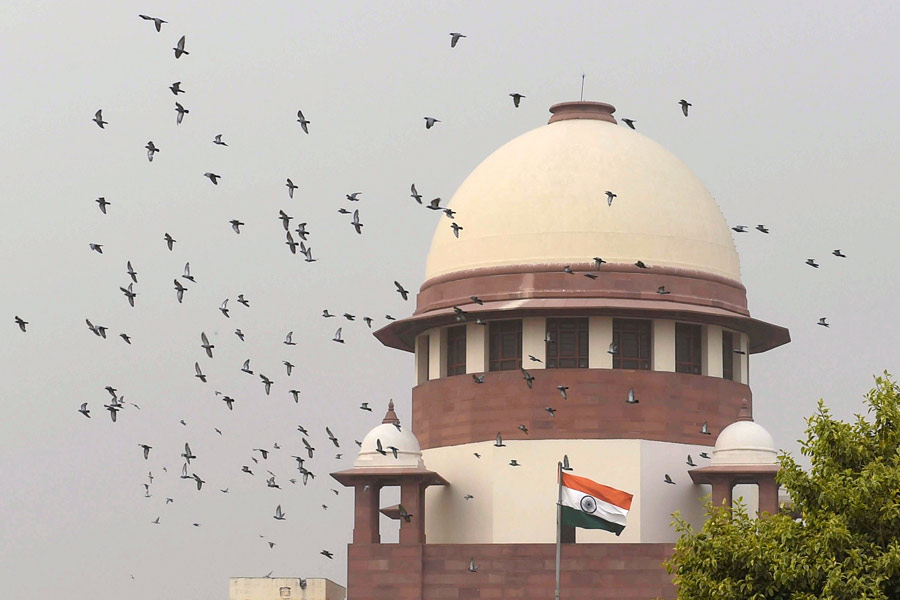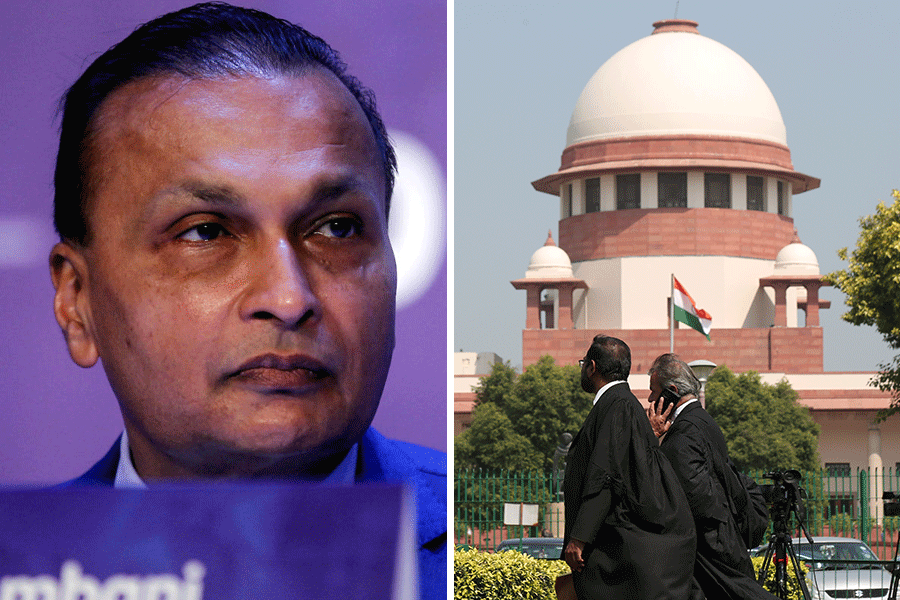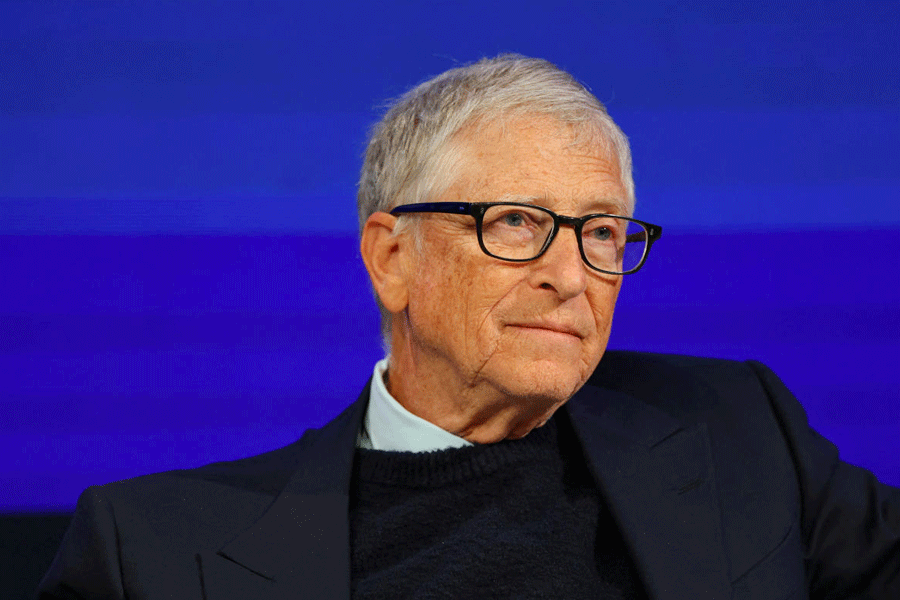 |
| Pro-democracy supporters react to Mubarak’s resignation outside the Egyptian embassy in London on Friday. (AP) |
They are acutely aware they are under watch and they don’t want to set a finger wrong, much less a foot. Tectonic shifts are underfoot in Egypt and the region and the Muslim Brotherhood, arguably the country’s oldest and most influential socio-political entity, is in the midst of dextrous manoeuvring to ensure it doesn’t fall through the gaps of history on the march.
Last Sunday, they joined Coptic priests, locking their Crescent with the Cross, at a salient solidarity show in Tahrir Square. Two days later, they pulled out with alacrity from talks with the Mubarak regime, sensing disapproval from the youth uprising and effecting correction. On Wednesday, they tore into both al Qaida’s call for a jihad in Egypt and Iranian leader Ayatollah Al Khamenei’s exhort for renewed Islamic revolution.
“We must ignore and denounce all such calls from al Qaida forums or Islamist forums,” Khaled Hamza, the editor of the Brotherhood mouthpiece, said. “What’s happening here is about the people of Egypt and their aspirations, we believe Egyptians are well capable of guiding their destiny.”
Despite protestations, they will keep off power politics for the time, the Brotherhood will probably be the cornerstone of how Egypt shapes post-Hosni Mubarak; although never tested in government, they are the country’s best networked cadre party.
It’s evident they are sensed of the changed requirements of their centrality to the Egyptian polity. In the fortnight since the uprising erupted, the Brotherhood has moved quickly and deliberately out of the shadows to cast off layers of enigma and submit clarity on critical issues.
It’s keen to announce to the world it isn’t an accessory to Islamist jihad or terror, it is telling Egyptians it isn’t an obscurantist set willed to sinister objectives of replacing the current dictatorship with the dictatorship of Islam.
“We are not even interested in power or the presidency at the moment,” says Essam El Erian, member of the Brotherhood’s executive board and spokesperson. “And we have clearly spelt out that we are for a civic state in Egypt, not a religious state. We do have our beliefs, but this is a pluralist society and it must decide for itself what kind of government it wants, if the West and the Americans want to paint us in dark colours, that’s their business, but we do not want to be misunderstood by our own people. I emphasise, we do not have an agenda other than that of the people, special or sinister.”
 |
| Essam El Erian, the spokesperson for the Brotherhood |
A far cry from the aims of the Brotherhood that Hassan-al Bannah had set up in 1928 to overthrow British rule and return Egypt to an Islamic order?
“The Brotherhood has demonstrated that it is capable of evolving over time,” Erian, affable, erudite on the modern world, argues, “and the best way for Egypt to strengthen its democratic commitments is to include it in the political process, making sure there are checks and balances in place to ensure that no group can monopolise state power and that all citizens are guaranteed certain freedoms under the law. This is what the Brotherhood is calling for. We recognise deeply and strongly that this uprising is not ours, although we are part of it, this is the uprising of the aspirations of a new Egypt and they will have to be given central play.”
The Brotherhood has lived under varying degrees of proscription since 1954, when it was held guilty for the attempted assassination of Gamal Abdel Nasser and made a prosecuted pariah. It remains banned on paper even today, but that’s more a figment, less a fact on ground. It won nearly a quarter of the seats in 2005, boycotted the 2009 elections as Mubarak’s fraud, but has all the time expanded it ranks, much like the RSS, diligently working through grass-roots neighbourhoods and mosques, which remain centres of political activity, formal or furtive.
But this isn’t the Brotherhood that began in 1928 with the credo: “Allah is our objective; the Quran is our constitution, the Prophet is our leader; jihad is our way; and death for the sake of Allah is the highest of our aspirations.”
In fact, they have, in the midst of this galloping crisis, reached right across the ideological spectrum to quote Vladimir Illyich Lenin side by side with the Prophet. “‘ There are decades when nothing happens; and there are weeks when decades happen — V. I. Lenin (1870-1924)’/ ‘Victory is accomplished through the perseverance of the last hour — Prophet Muhammad (570-632 AD)’”, is how the lead piece in the latest issue of their mouthpiece begins.
Neither is anymore the outfit that inspired others such as the Hamas in Palestine. Attestation to that has come from varied quarters, including western scholars of the region and prominent secular voices at home such as Arab League chairman, Amre Moussa.“The Brotherhood are much, and often deliberately, misunderstood, it pays some people to paint them black,” he says, “They have their worldview, but they are also willing, to my mind, to let that be played out in democratic space, they are not hide-bound fools, they are clever, modern people, and even among them there are shades of opinion constantly evolving.”
Many continue to suspect — and the still-mysterious ways of the Brotherhood’s structure and inner functioning do not help — that the current re-positioning is more strategic than real, that the Brotherhood is merely donning a more liberal façade in order to hold Egypt in firmer grip before its resumes its “real” colours.
Mohamed Beltagui, another Brotherhood spokesperson who has been active at the Tahrir Square demonstrations, laughed before he turned sombre on the charge and launched into an explanation.
“Look,” he told The Telegraph as the protests raged on into their third week, “there is a message emanating from here and do you think it is possible to ignore? There is a new nation building up here, the world is changing, the Israelis I know are deeply suspicious of us, as are the Americans, but we are landlocked with them, we have to live here. How do you suppose that will happen if people do not change?”
Member of the Brotherhood’s own youth wing, Beltagui said, were “coming from different influences, forcing a rethink”. Not a radical overhaul of the Brotherhood’s core ideology, Beltagui offered as caveat, but re-adjustment.
“This is not the Brotherhood’s hour,” he said. “This is the hour of Egyptians, and as a party committed to Egypt, we will go with agreed, legitimate aims already spelt out.”
What will follow Mubarak, he said, remains hazy; but it won’t be a haze minus the Brotherhood.


